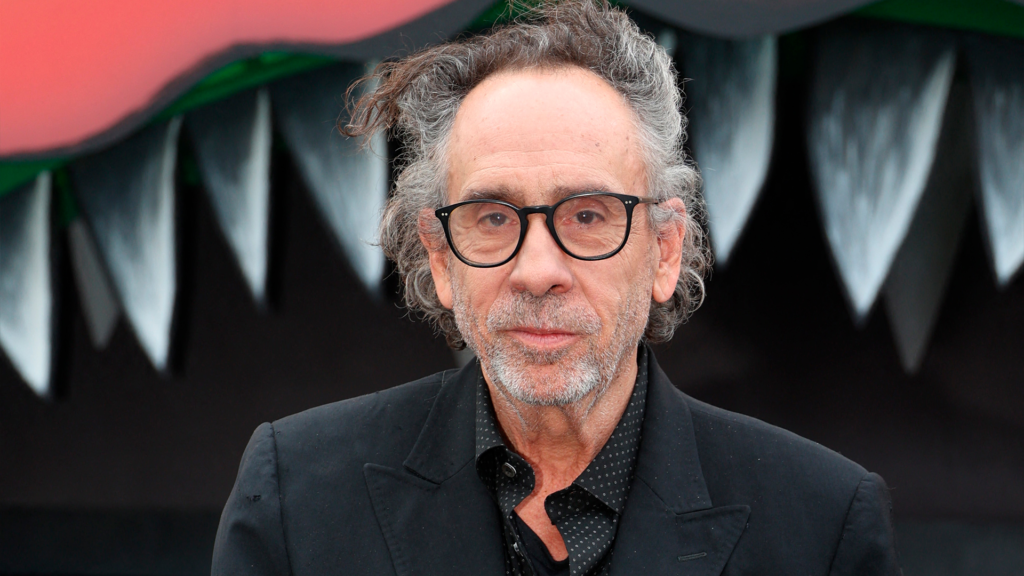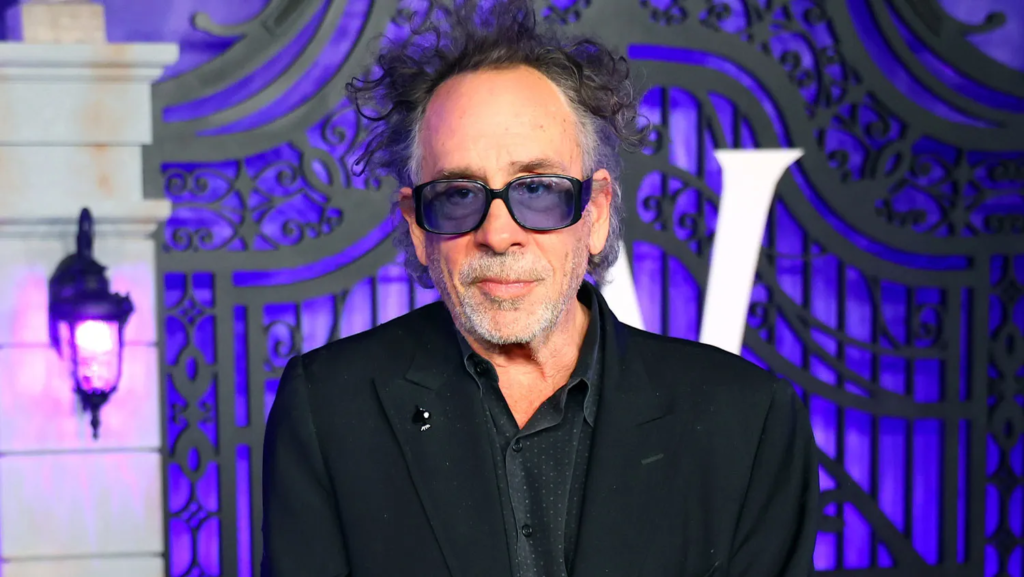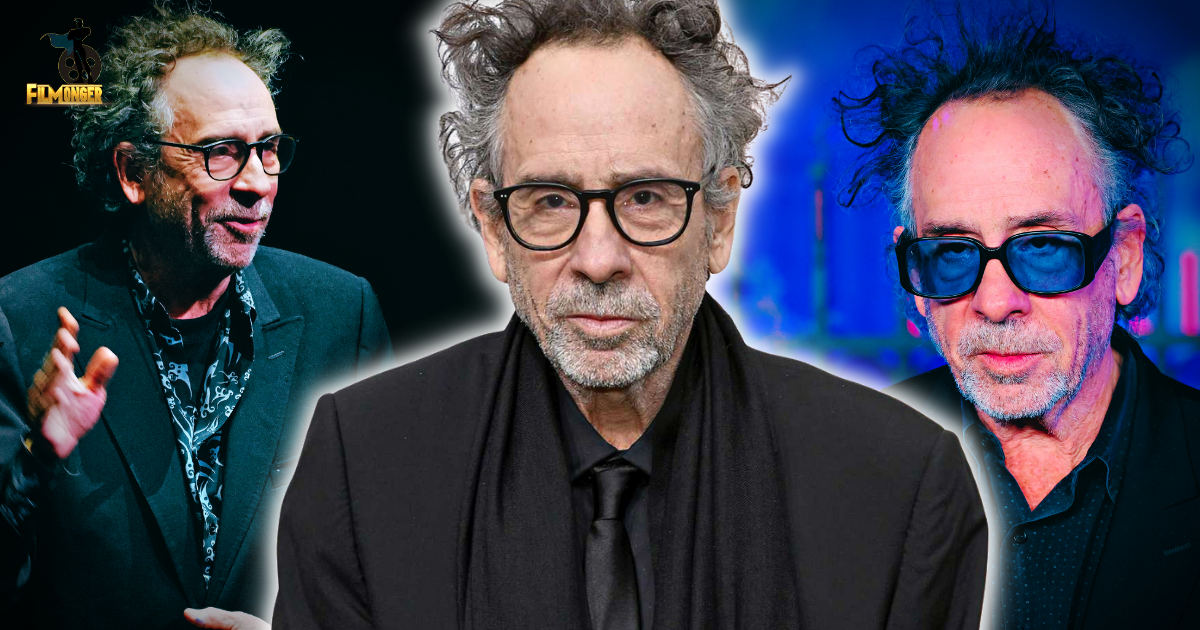Tim Burton, the celebrated director behind cult classics like Beetlejuice, Edward Scissorhands, and The Nightmare Before Christmas, is known for his distinct and imaginative artistic style. His gothic and whimsical creations have left an indelible mark on the world of cinema and have earned him a devoted fan base.
A.I. Imitating Burton’s Style
Recently, in an interview, Tim Burton expressed his concerns about artificial intelligence (A.I.) being employed to replicate his signature style in animation. This unease arose after an article by Buzzfeed showcased characters from Disney movies reimagined in Burton’s unmistakable aesthetic using A.I. technology.

Burton’s reaction was visceral and laden with emotion. He likened the experience to the cultural belief that having one’s picture taken can steal a part of the soul. “They had A.I. do my versions of Disney characters!” Burton exclaimed. “I can’t describe the feeling it gives you. It reminded me of when other cultures say, ‘Don’t take my picture because it is taking away your soul.'”
An Artistic Soul
Burton went on to acknowledge that while some of the A.I.-generated recreations were commendable, he couldn’t help but be disconcerted by the act of mimicking his distinctive style. “What it does is it sucks something from you,” he confessed. “It takes something from your soul or psyche; that is very disturbing, especially if it has to do with you. It’s like a robot taking your humanity, your soul.”

The profound connection between artists and their work is a theme that Burton touches upon, highlighting the deep emotional investment that creators have in their craft. The idea that A.I. could replicate an artist’s essence is, for Burton, a troubling prospect.
A Broader A.I. Discourse
Burton’s apprehension regarding A.I. isn’t unique in the world of cinema. Other prominent directors, including James Cameron and Christopher Nolan, have also weighed in on the topic.
James Cameron, known for blockbuster hits like Titanic and Avatar, expressed concerns about the “weaponization of A.I.” He warned about a potential arms race in AI development, envisioning a future where combat and decision-making could be dominated by machines, leaving humans powerless to intervene.

Christopher Nolan, director of Inception and The Dark Knight trilogy, drew parallels between the moral dilemma faced by physicist J. Robert Oppenheimer during the creation of the atomic bomb and the development of A.I. technology. He highlighted the responsibility of scientists and researchers to consider the unintended consequences of their creations.
The Ongoing Actors’ Strike
A.I. has also played a significant role in the ongoing actors’ and writers’ strikes against Hollywood studios. The Alliance of Motion Picture and Television Producers (AMPTP) proposed a controversial A.I. provision related to background actors, raising concerns about digital replicas and the ownership of likenesses.
Duncan Crabtree-Ireland, the national executive director and chief negotiator for the union, voiced concerns over the proposed A.I. clause, emphasizing the need to protect performers’ rights and likenesses.

Tim Burton’s emotional response to A.I. imitating his artistic style sheds light on the profound connection artists have with their work. His unease mirrors broader discussions about the implications of artificial intelligence in various industries, from entertainment to warfare.
